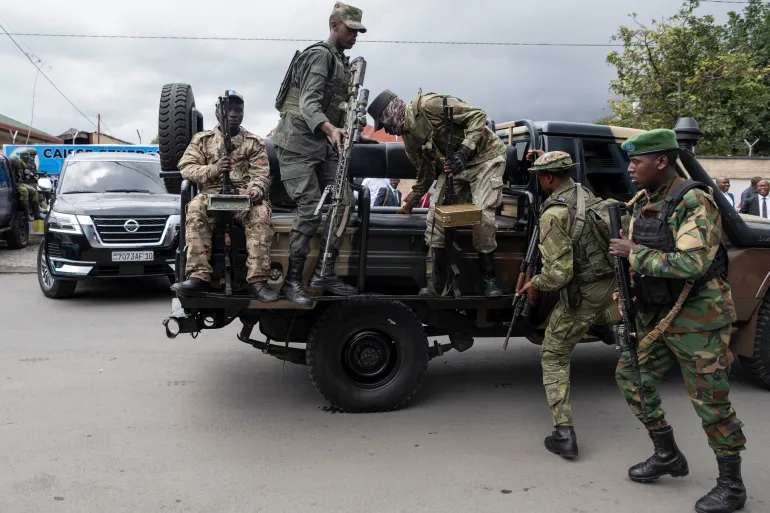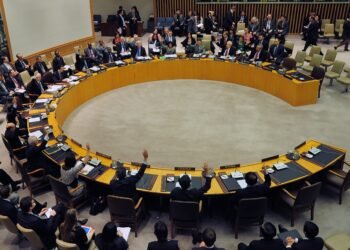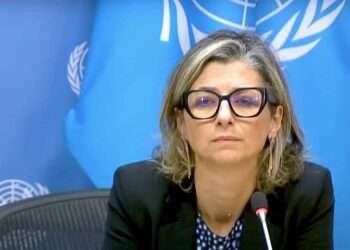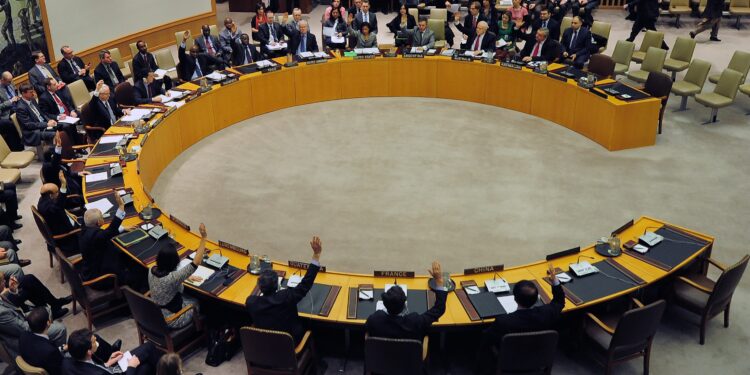In a move that has sparked cautious optimism across Central Africa, the Democratic Republic of the Congo (DRC) and the Rwanda-backed M23 rebel group have agreed to suspend hostilities as part of renewed efforts to broker a lasting peace.
The breakthrough came after fresh negotiations held in Doha, Qatar, resulted in a truce declaration.
The joint statement confirmed that “both parties reaffirm their commitment to an immediate cessation of hostilities, a categorical rejection of any hate speech, intimidation, and call on local communities to uphold these commitments.” The ceasefire, it added, will remain in place “throughout the duration of the talks and until their conclusion.”
This fragile peace marks a significant shift in a long-running and bloody conflict that escalated sharply earlier this year. In January, M23 launched a deadly offensive, capturing key cities in the east of the DRC and displacing thousands. That assault intensified regional fears, raising concern about the possibility of a broader war in the volatile Great Lakes region.
One major outcome of the Doha discussions was that they opened the door for direct engagement between Kinshasa and the M23 leadership — something the DRC government had previously resisted.
This potential for direct dialogue is being seen by observers as a vital building block toward sustainable peace. “This is a crucial step towards ending the violence,” Belgium’s Foreign Minister Maxime Prevot posted on X shortly after the truce was announced.
The conflict’s deep-seated origins trace back to the aftermath of the 1994 Rwandan genocide. M23, composed mainly of ethnic Tutsi fighters, includes former rebels who were previously integrated into the Congolese military. These fighters later defected from the army, alleging systemic discrimination and the DRC government’s repeated failure to uphold previous peace agreements.
New Talks Aim To End Violence
Despite the recent pledge, history offers reasons for skepticism. Since 2021, six ceasefire agreements between the DRC and M23 have collapsed, each followed by renewed bloodshed. The latest wave of violence since January has left thousands dead, reignited ethnic tensions, and displaced tens of thousands more. It has also strained relations between the DRC and its neighbors, particularly Rwanda.
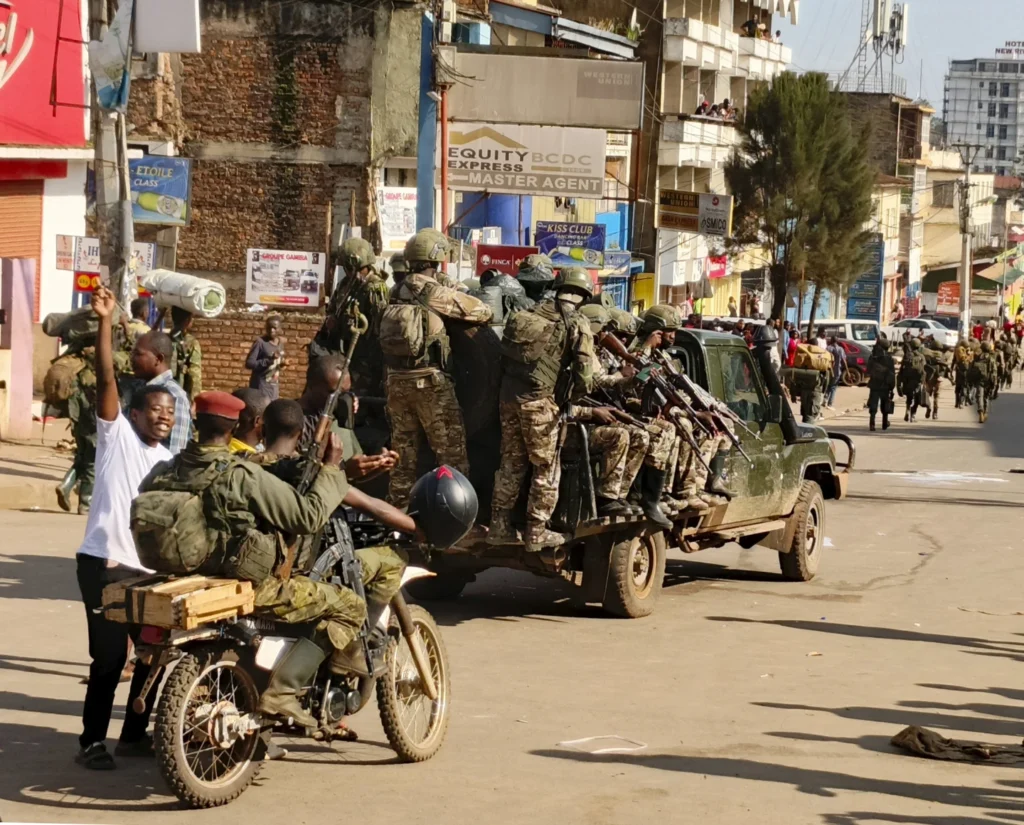
The DRC government, the United Nations, and several Western nations have repeatedly accused Kigali of providing military support to M23 rebels — claims the Rwandan government has consistently denied. Kigali insists it has not sent troops or weapons into Congolese territory, despite mounting international pressure and evidence pointing to cross-border interference.
While the statement out of Doha offered a glimmer of hope, insiders described the peace talks as tense and at times frustrating. According to these sources, negotiations nearly fell apart over disputes regarding confidence-building measures, most notably, the possible release of prisoners held by the DRC with alleged ties to Rwanda or M23.
Nevertheless, diplomats close to the matter say that Qatari mediators played a pivotal role in steering both sides back to the table and securing a joint commitment to continue peace discussions.
According to another diplomatic source involved in the talks, a “deeper round of discussions” is anticipated in Doha in the “coming weeks,” aiming to tackle the tougher issues that have previously derailed peace efforts. While peace remains uncertain, the renewed commitment — however tentative — offers a path forward in one of Africa’s most enduring and devastating conflicts.

